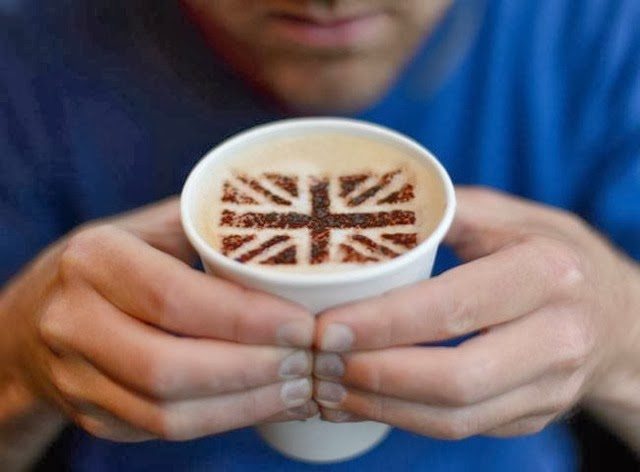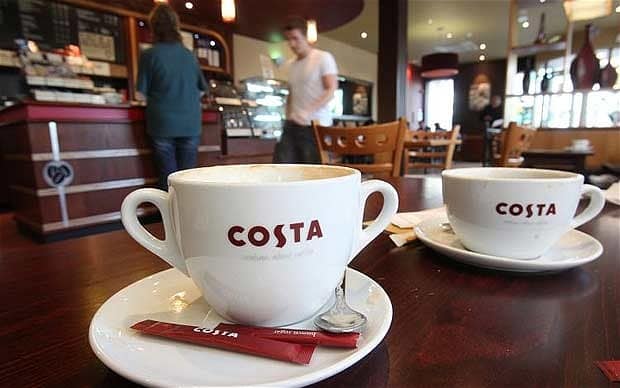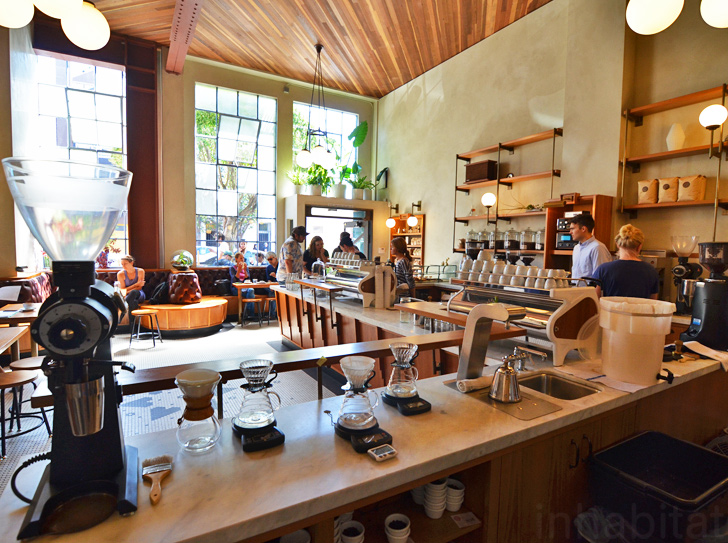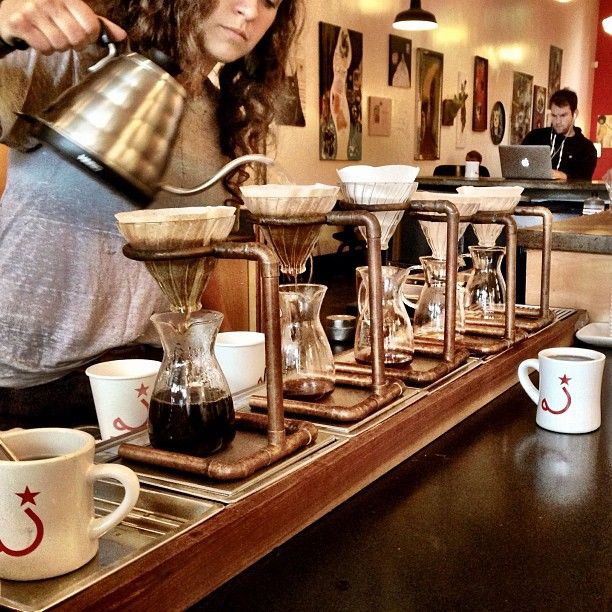The United Kingdom the home of the rosters that provide us their quality coffees. Last year was a great year for the British coffee market. The estimated amount of coffee shop outlets stood at over 16,500 and sales were up by 6.5% from 2013. This growth wasn’t just a one-year wonder though, the UK coffee market has been growing and seeing continuous growth for the last 15 years, and if last year is anything to go by, it doesn’t show signs of stopping.
The Early Days of Coffee in Britain
Britain was first introduced to coffee in 1637 when King Charles I was on the throne. Coffee first touched down in Oxford and quickly became a hit with academics, who quickly founded the Oxford Coffee Club. Oxford’s relationship with coffee continued to develop and in 1650 the ‘Angel’, Oxford’s first coffee house was opened. A couple of years later in 1652 a Greek man by the name of Pasqua Rosee opened London’s first coffee house selling high quality Turkish coffee. He was an expert in the coffee field, and his coffee quickly became popular and he gained a solid customer base.

Fast forward to 2015 and coffee in Britain is becoming so popular that the amount of homes that have a kettle has dropped significantly and coffee machine sales are on the up as consumers look to recreate that coffee shop quality in their own home.
The Popularity of the Big Name Chains
Britain has embraced the big coffee chain culture, this is clear to see with Costa, Starbucks and Caffe Nero enjoying 54% of the market share for branded coffee chains. Whether it’s the quality of coffee, the culturally popular takeaway cups, or just the free WiFi, the people of the United Kingdom certainly have taken well to the coffee chains. This is a trend that is still growing and devloping in the UK market. Back in 2009 one in nine people would visit a coffee shop every day, compared to 2014 where one in five people would pay a daily visit to a coffee shop. This is great news for the big name coffee retailers, and also the smaller businesses, as this shows that there is a growing demand for coffee. Not bad for a nation considered to be tea drinkers…
.jpg)

Improving the Quality of Coffee
Speaking of being tea drinkers, it wasn’t too long ago that when you’d go to a friends house for tea (literally) the only coffee option was an instant coffee that was low quality and didn’t taste particularly nice. Maybe this is why the UK took some time to develop a coffee culture and also why the big chains have done so well. Up until the introduction of quality coffee, in the United Kingdom we’d drink tea, but 2013 saw a dramatic drop in the sales of tea bags and Britain’s go-to drink became coffee, with the cappuccino seeing particularly good success, and in a timely announcement Costa let it be known that their sales (period vs period 2012 vs 2013) were up by 20%.

Once the UK was properly introduced to it, and started to drink quality coffee, the popularity of coffee quickly increased; sales of tea decreased and the coffee chains that introduced us to the great tastes of speciality and high quality coffee reaped the rewards.
Emergence of Artisan Coffee Shops
Looking even further forward, we come to artisan coffee shops and roasters. Artisan coffee is to the coffee industry what craft beer is to beer brewing; it’s providing a new lease of life to an already successful industry. Today, there are over 300 artisan roasters in the UK alone, and their success is due to a number of factors.


Artisan coffee roasteries have grown in popularity in recent years as people’s coffee tastes have become more finely tuned. With that, a desire for even better quality has been developed and consumers are looking to specialist, dedicated roasters to supply better coffee. Along side the quality of the coffee, the ethics of big coffee companies and brands have been called into question on numerous occasions, therefore support of local coffee businesses has grown with consumers becoming more willing to pay slightly more for quality coffee that is ethically sourced.
